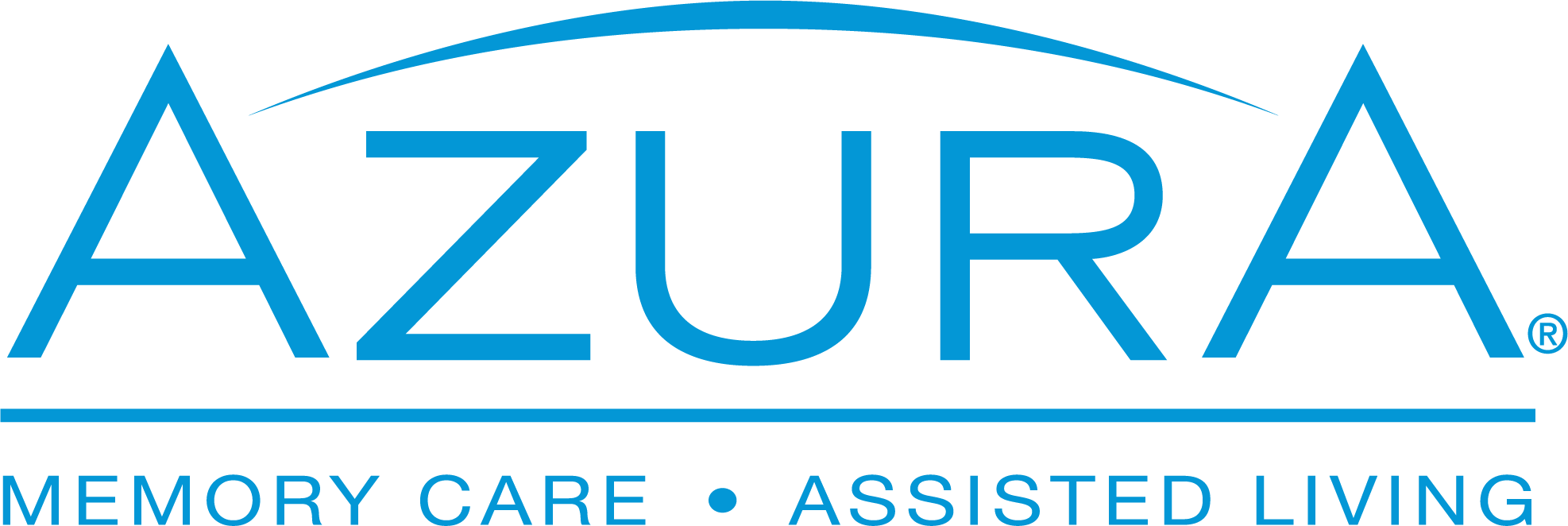As people age, maintaining a structured daily routine can have a profound impact on overall well-being, especially for those in senior living and memory care communities. Routines provide stability, reduce stress, and enhance cognitive function, making daily life more manageable and fulfilling. Here’s how routines benefit seniors and how caregivers can create effective daily structures to support their needs.
Benefits of Routines for Seniors
- Reduces Anxiety and Confusion – Predictable schedules provide a sense of security, especially for those experiencing memory loss. Knowing what to expect reduces stress and confusion, helping seniors feel more in control of their day.
- Enhances Cognitive Function – Engaging in regular activities, such as reading, puzzles, or social interactions, stimulates the brain and supports cognitive health. Repetitive tasks reinforce memory and recognition, benefiting those with dementia or Alzheimer’s.
- Improves Sleep Patterns – A structured routine that includes consistent meal times and bedtime rituals helps regulate the body’s internal clock, leading to better sleep quality and overall well-being.
- Encourages Independence – Familiar daily tasks empower seniors to maintain their independence. Even simple routines, such as dressing or setting the table, provide a sense of accomplishment and dignity.
- Supports Physical Health – Scheduled activities like exercise, stretching, or walking contribute to physical well-being, promoting mobility and reducing the risk of falls or injuries.
Creating Effective Routines in Senior Living and Memory Care
- Personalized Schedules – Each senior has unique preferences and needs. Caregivers should tailor routines to align with individual lifestyles, incorporating favorite activities and comfort measures.
- Consistent Meal Times – Regular dining schedules help maintain proper nutrition and digestion while providing social interaction opportunities that enhance quality of life.
- Engaging Activities – Daily programs, such as music therapy, art classes, or gardening, keep seniors active and engaged while fostering a sense of purpose.
- Gentle Transitions – Gradual shifts between activities help seniors adapt without feeling rushed or overwhelmed, reducing agitation and frustration.
- Encouragement and Flexibility – While consistency is essential, flexibility allows caregivers to adjust routines as needed, ensuring seniors remain comfortable and stress-free.
Establishing and maintaining a structured routine in senior living and memory care communities significantly improves quality of life. By providing consistency, reducing anxiety, and promoting physical and cognitive well-being, routines create a sense of security and joy for seniors. Caregivers and loved ones can support seniors by developing predictable yet adaptable daily structures that enhance comfort and independence.
At Azura Living, our teams integrate structured, yet flexible routines into daily life, ensuring residents feel secure, engaged, and supported. Through personalized schedules, therapeutic programming, and consistent activities, Azura fosters a sense of purpose while promoting cognitive and physical well-being. If you are interested in scheduling a tour at one of our communities, please visit azuraliving.com.

